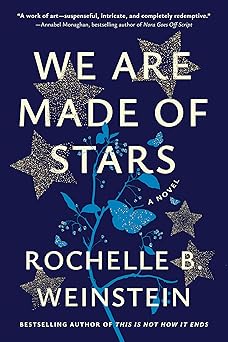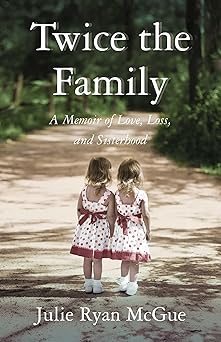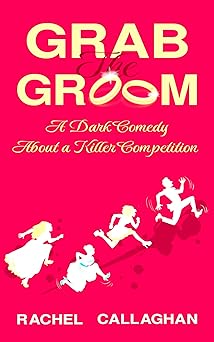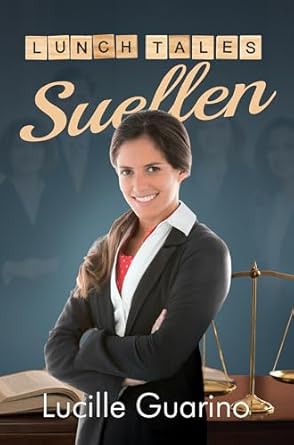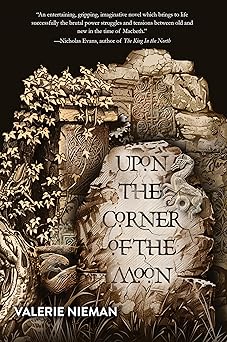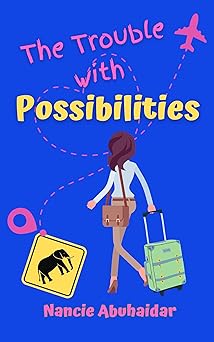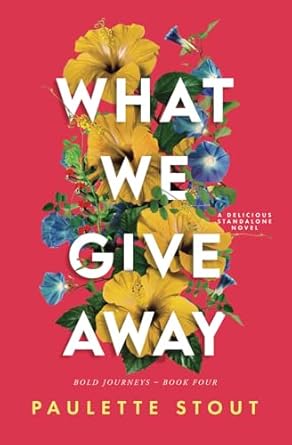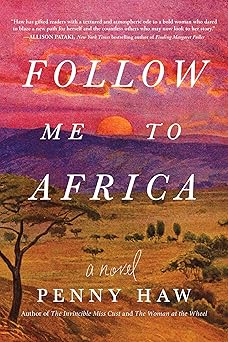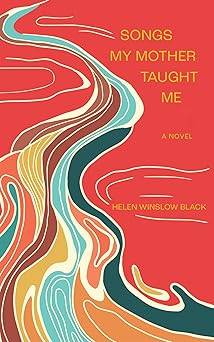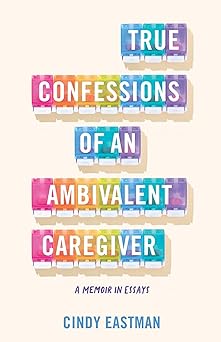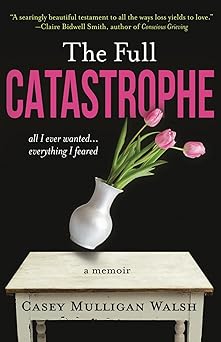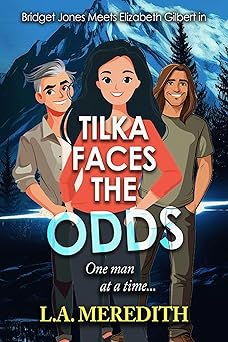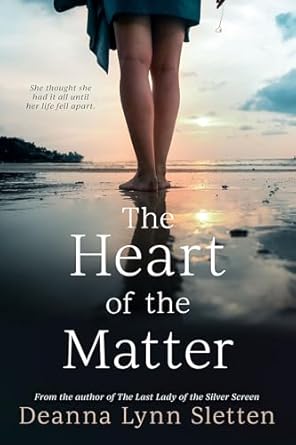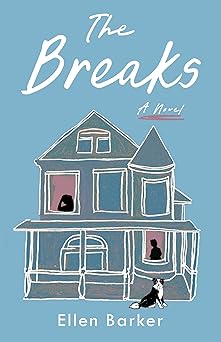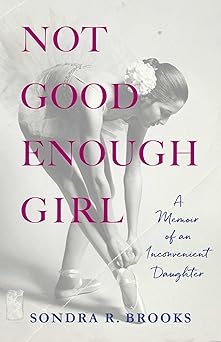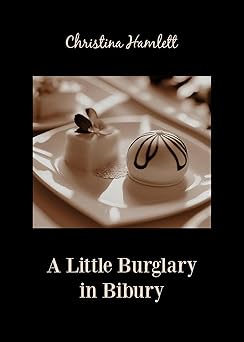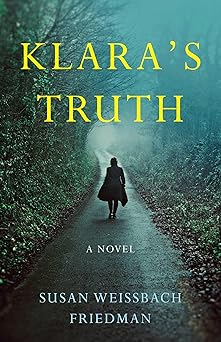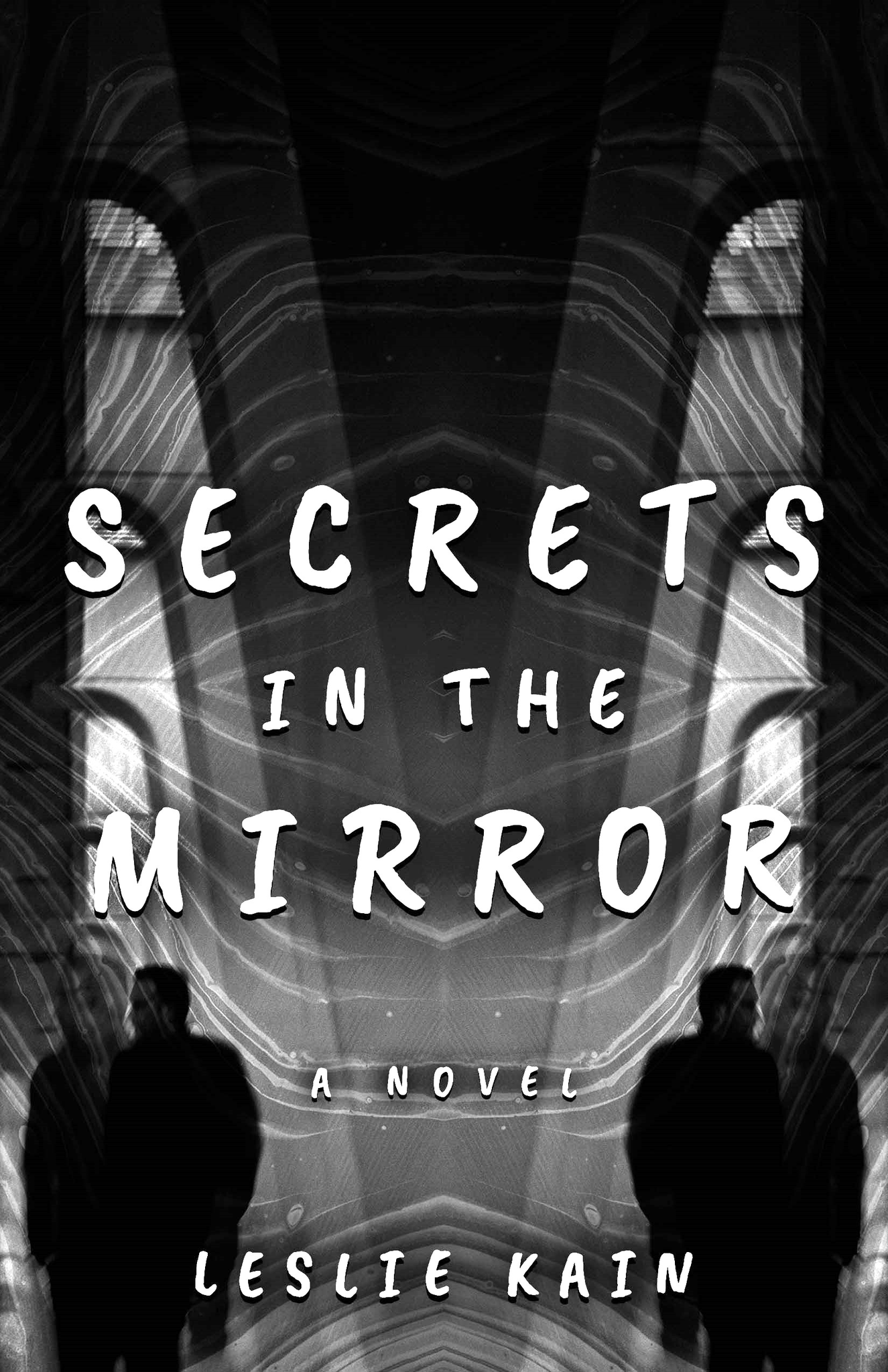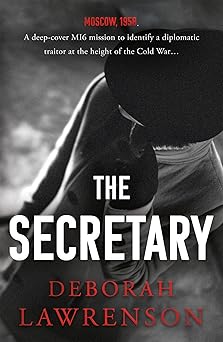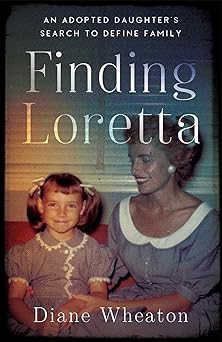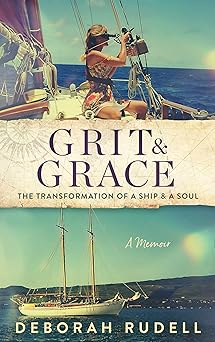On Writing Chingona: Owning your Inner Badass for Healing and Justice

When I first started writing Chingona: Owning your Inner Badass for Healing and Justice, I was still on my own healing journey. I knew I wanted to share my experiences to help other Latina and POC women heal from intergenerational trauma. I was healing and practicing survivance, which Gerald Vizenor says is “an active resistance.”
As a young adult, I had become aware of my social location in society, I longed for a book that talked about the painful journey of kids of immigrants who were left behind in a different country. I wanted to read the story of the single mothers who must abandon their children to survive. The story of crossing borders to visit family members. The story of being raised by courageously brave but imperfect humans. The story of being a victim of and witness to violence. I wanted a book that centered on healing at these social intersections. I wanted a book that did not ignore the roots of colonialism and its violent effects.
I yearned for a way to travel back in time and support younger Alma. I was prompted to write this because of her, and many like her. I wrote it for first-generation kids of immigrants growing up in persistent poverty, who have gone through both incredibly painful and magically redemptive moments. I wrote it for girls and women who had been called Chingona, a word so often used against women, and who wanted to reclaim it and redefine it. So, I decided to write the book I had longed to read.
Before I began writing, I was learning about colonialism and the generational impacts of violence and collective trauma. I needed a container in which to house all those learnings. Writing this book was my container. Numerous people in my life— people who were often surprised at what I had overcome—were encouraging me to share my story. The traumatic experiences I endured as a child, teen, and young adult are relatable human experiences. Trauma is a condition that connects many of us to each other.
Writing Chingona helped me to trust my inner wisdom. This was a part of me I had denied for a very long time, and it would become the catalyst of my book. I could not have written a book without the experiences I’ve had, and those life moments were what fueled my desire to share my story.
Writing a book that centers visions, memories, and dreams was both a freeing and horrifying experience. As a trained researcher and higher education practitioner, I found it equally exhilarating and worrisome to not cite data and sources to back up my claims! But that is what a testimonio is: your own spiritual story, based on your own lived experience. When brown women the world has tried to conquer write about their own lives, it is an act of resistance.
Since writing the book, I have continued practicing what I call “mija spirituality”: existence as the daughter of the divine or supernatural. This helps ground the way I now see some of my painful life experiences. We all have different paths, and we all experience unexpected and painful moments. These moments can become a crushing weight on our spirits or a season of our existence. The crux of Chingona is realizing that when we heal from our pasts, we can create a more healed and just world.
—
Alma Zaragoza-Petty, PhD, is a Mexicana social justice advocate and scholar who teaches equity to create change. Born in Los Angeles but raised in Acapulco, Mexico, for much of her childhood, she is the daughter of immigrant parents and a first-generation high school and college graduate. Zaragoza-Petty has a master’s degree in counseling and a doctorate in education and has worked in higher education for more than twenty years. She has served as an academic advisor, as a professor, and in research and evaluation for a nonprofit organization. She is co-founder of Prickly Pear Collective, a trauma-informed, faith-based community organization and cohost of The Red Couch Podcast with her partner, hip-hop artist Propaganda.
—
Chingona: Owning Your Inner Badass for Healing and Justice
 Creating the world you want to live in takes guts and grace and everything you’ve got. To heal the world, though, you’ve also got to find healing yourself. You’ve got to get in touch with your inner badass.
Creating the world you want to live in takes guts and grace and everything you’ve got. To heal the world, though, you’ve also got to find healing yourself. You’ve got to get in touch with your inner badass.
In Chingona, Mexican American activist, scholar, and podcast host Alma Zaragoza-Petty helps us claim our inner chingona, a Spanish term for “badass woman.” For all the brown women the world has tried to conquer, badassery can be an asset, especially when we face personal and collective trauma. Working for change while preserving her spirit, a chingona repurposes her pain for the good of the world. She may even learn that she belongs to a long line of chingonas who came before her–unruly women who used their persevering energy to survive and thrive.
As a first-generation Mexican American, Zaragoza-Petty narrates in riveting terms her own childhood, split between the rain-soaked beauty of her grandparents’ home in Acapulco and a harsh new life as an immigrant family in Los Angeles. She describes the chingona spirit she began to claim within herself and leads us toward the courage required to speak up and speak out against oppressive systems. As we begin to own who we are as chingonas, we go back to where our memories lead, insist on telling our own stories, and see our scars as proof of healing.
Liberating ourselves from the bondage of the patriarchy, white supremacy, and colonization that exists in our own bodies, we begin to see our way toward a more joyful future. This work won’t be easy, Zaragoza-Petty reminds us. Imagining a just and healed world from the inside out will take dialing in to our chingona spirit. But by unleashing our inner badass, we join the righteous fight for dignity and justice for all.
BUY HERE
Category: On Writing




